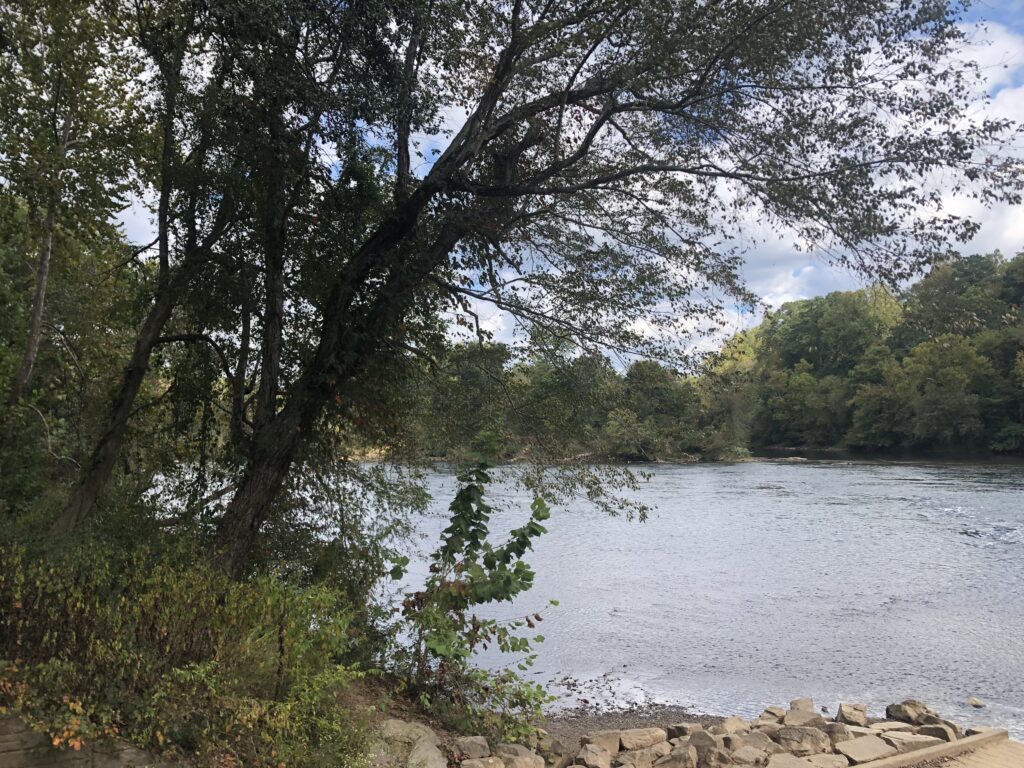
ATLANTA – A federal district court judge in North Dakota has temporarily blocked the operation of a new federal rule in 24 states about what water bodies the federal government can regulate.
The ruling comes in response to a lawsuit filed by the attorneys general of 24 states about the definition of the term “waters of the United States,” or WOTUS, under the federal Clean Water Act. Georgia Attorney General Chris Carr helped lead the lawsuit.
The definition of WOTUS is important because it determines to which waterways federal environmental protections apply.
The federal Environmental Protection Agency finalized the new definition last month. It includes many tributaries and streams as well as “adjacent wetlands,” or wetlands close to other waters regulated by the Clean Water Act.
In the case of Georgia, tributaries would include the Tallulah River, Sweetwater Creek, and Peachtree Creek. Adjacent wetlands would include portions of the Chickasawhatchee Swamp in Southwest Georgia and Peters Bay near Lakeland in South Georgia.
That definition has been challenged by the attorneys general of 24 states who contend these water bodies should fall solely under the purview of state regulation. They want the new WOTUS definition declared invalid.
This week, District Judge Daniel Hovland agreed with the states’ request for a preliminary injunction, temporarily preventing the federal government from applying the new definition while litigation is underway.
“The twenty-four States in this case have persuasively shown that the new 2023 Rule poses a threat to their sovereign rights and amounts to irreparable harm,” Hovland wrote.
“The States involved in this litigation will expend unrecoverable resources complying with a rule unlikely to withstand judicial scrutiny,” added Hovland, who was nominated for his federal judgeship by then-President George W. Bush.
For its part, the EPA contends that the new WOTUS definition is in line with what Congress intended when it passed the Clean Water Act in 1972.
“This rule establishes a durable definition of ‘waters of the United States’ that is grounded in the authority provided by Congress in the Clean Water Act, the best available science, and extensive implementation experience stewarding the nation’s waters,” the agency said in a statement about the new rule.
“The final rule will cover those waters that Congress fundamentally sought to protect in the Clean Water Act—traditional navigable waters, the territorial seas, interstate waters, as well as upstream water resources that significantly affect those waters,” the statement added.
Georgia Attorney General Carr hailed this week’s preliminary injunction as a victory.
“This outcome is a major win for Georgia’s farmers and private landowners, who were facing an administration intent on regulating nearly every conceivable body of water in the country,” Carr said.
A statement provided by his office said the new definition of WOTUS would require farmers to get federal permission to fill or dredge waterways or wetlands and that it would force developers and miners to obtain federal permission who want to “make use of their land.”
Environmental groups criticized the decision.
“Rather than uphold the longstanding protections and bipartisan practice embodied in the rule, the ruling … makes it more difficult to reliably protect the wetlands and headwater streams that keep Georgia’s rivers clean for fishing, swimming, and as sources of drinking water,” said Kelly Moser, a senior attorney at the Southern Environmental Law Center.
The three other states leading the lawsuit with Georgia are Iowa, West Virginia and North Dakota. Southern states that have joined the lawsuit are Alabama, Arkansas, Florida, Louisiana, Mississippi, South Carolina, Virginia and Tennessee.
This story is available through a news partnership with Capitol Beat News Service, a project of the Georgia Press Educational Foundation.
